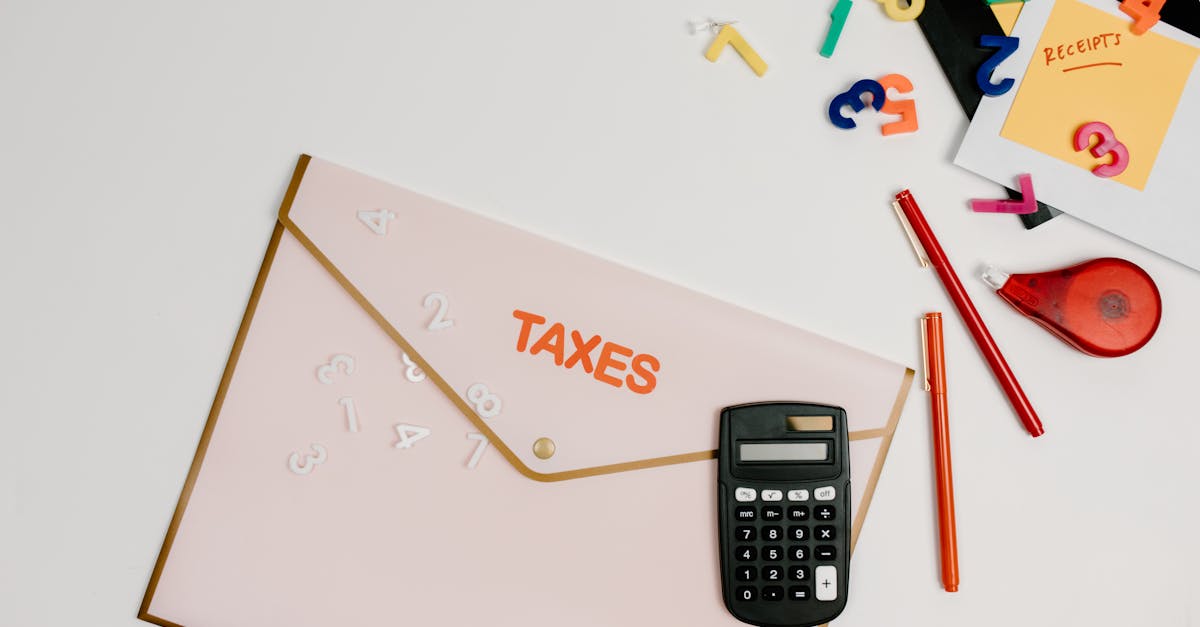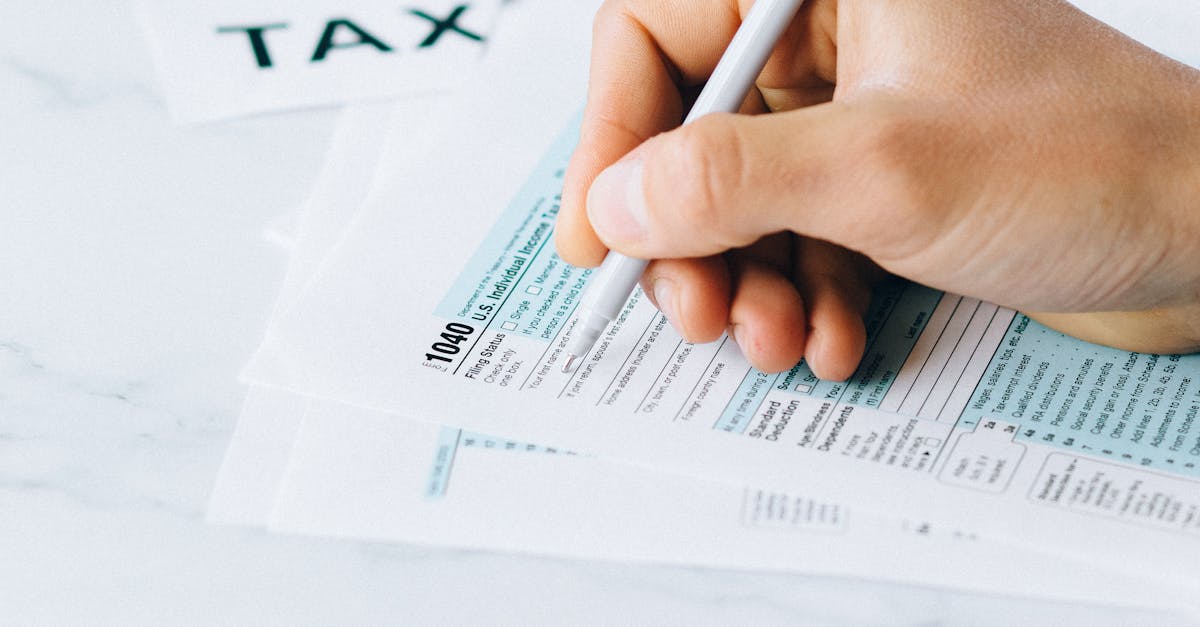When it comes to filing taxes in Canada, one of the most common concerns for taxpayers is how long it will take to receive their tax refund. Understanding the timeline can help you plan your finances better and alleviate the anxiety that comes with waiting for your hard-earned money. In this article, we’ll explore key aspects of tax refunds in Canada, including factors affecting the timeline, and provide a comprehensive FAQ section to address your most pressing questions.
| Factors Affecting Refund Time | Typical Processing Times |
|---|---|
| Filing Method | 1-2 Weeks (E-file) |
| Completeness of Tax Return | 2-8 Weeks |
| CRA Review Process | Up to 16 Weeks |
| Refund Method | 1-5 Business Days |
| Tax Season Timing | Varies (Peak Times) |
Filing Method
The method you choose to file your taxes can significantly impact how quickly you receive your refund. E-filing is the fastest way to submit your tax return, often resulting in refunds being processed within 1-2 weeks. In contrast, if you opt to file a paper return, the processing time can take much longer, typically around 6-8 weeks or more. Therefore, using electronic filing is highly recommended for those eager to receive their refunds promptly.

Completeness of Tax Return
Another crucial factor that can affect the speed of your tax refund is the completeness and accuracy of your tax return. If your return is missing information or contains errors, the Canada Revenue Agency (CRA) may take additional time to review and process it, extending the overall timeline to 2-8 weeks. To avoid delays, ensure that all information is accurate, complete, and well-organized before submission.

CRA Review Process
The CRA has the right to review tax returns for accuracy and legitimacy. If your return is flagged for a detailed review, this could add time to your refund process, potentially extending it to up to 16 weeks. While this is not common for most taxpayers, being aware of this possibility can help manage expectations. Ensuring that you follow all tax regulations and provide necessary documentation can mitigate the risk of a prolonged review process.

Refund Method
The method you select for receiving your tax refund also plays a role in how long it takes to see that money in your account. If you choose direct deposit, you can expect your refund to arrive within 1-5 business days after processing. Alternatively, if you request a paper cheque, it may take longer, as the cheque must be mailed to you. Direct deposit is generally the faster option and is recommended for quicker access to your funds.

Tax Season Timing
The time of year you file your taxes can also affect the processing timeline. During peak tax season, typically from February to April, the CRA experiences a higher volume of returns, which can lead to delays. If possible, consider filing your taxes earlier in the season or opting for a different time to avoid the rush. Filing early can ensure a smoother process and quicker refunds.

FAQs
How can I check the status of my tax refund in Canada?
You can check the status of your tax refund through the Canada Revenue Agency’s “My Account” online service. This platform provides real-time updates on your tax status, including whether your return has been processed and when you can expect your refund. You can also call the CRA’s automated service for updates if you prefer not to use the online service.
What should I do if my tax refund is delayed?
If your tax refund is taking longer than expected, first check the status through the CRA’s services mentioned above. If it shows that your return is still being processed, you may need to wait a little longer. However, if you believe there’s been an error or if it’s significantly delayed beyond the normal processing times, you can contact the CRA directly for assistance.
Are there any ways to expedite my tax refund?
To expedite your tax refund, ensure that you file electronically, double-check your return for errors, and choose direct deposit as your refund method. Filing early in the tax season can also help you avoid delays caused by high volumes during peak filing times.
What if I owe taxes? Will that affect my refund?
If you owe taxes, it may offset your refund amount. For instance, if your refund is less than what you owe, the CRA will deduct the owed amount from your refund. However, if your refund is greater than what you owe, you will receive the difference. It’s essential to keep track of any tax obligations to avoid surprises when receiving your refund.
For further details, you can refer to the official Canada Revenue Agency (CRA) website: [CRA – Tax Refunds](https://www.canada.ca/en/revenue-agency/services/tax/businesses/topics/payroll/employers-guide/refunds.html) and [CRA – My Account](https://www.canada.ca/en/revenue-agency/services/e-services/my-account.html). These sources provide comprehensive information regarding tax refunds and the processes involved.




